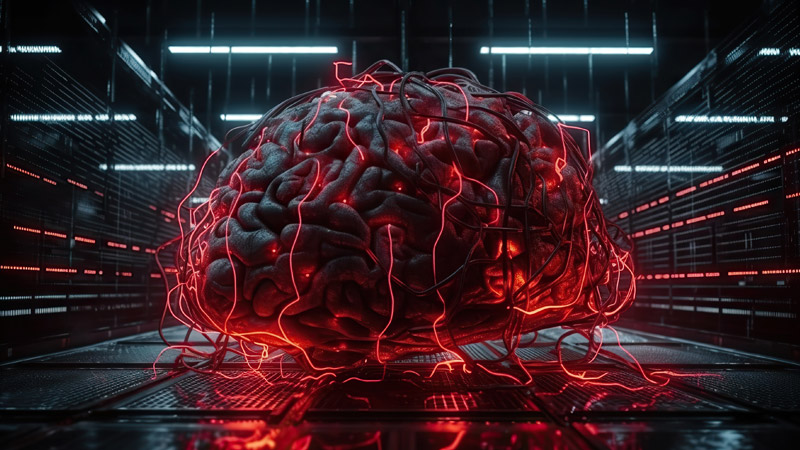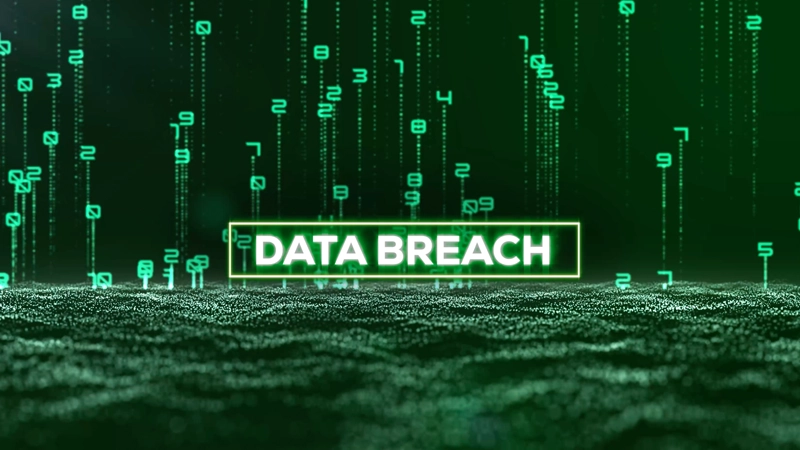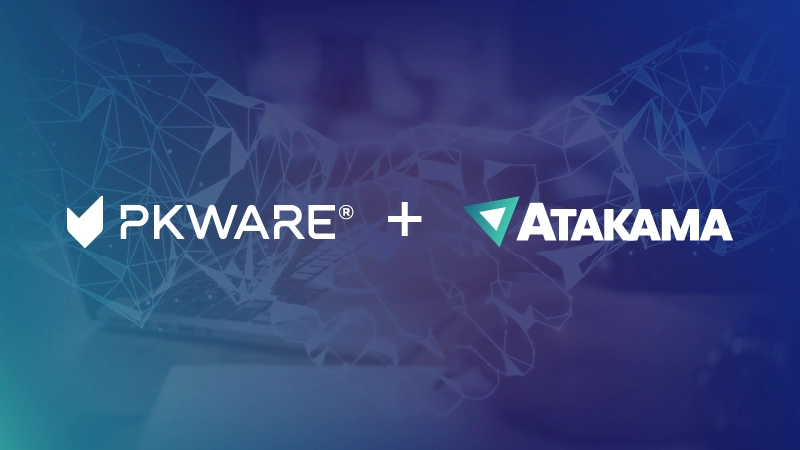AI Is Here to Stay: What Does That Mean for Cybersecurity?

AI and Machine Learning are nothing new, but in recent months, someone is talking about its impact everywhere you turn. The popularity—and power—of ChatGPT has pushed generative AI into the mainstream and made it real. Everyone seems to have realized that for better or worse, AI is here to stay.
Perhaps no one is feeling the effects of the explosive pace of AI’s evolution more than the IT guardians responsible for their organization’s cybersecurity. With AI at their fingertips, hackers are getting smarter and faster. Meanwhile, enterprises are trying to get smarter too and build more sophisticated moats to keep attackers at bay.
The Refinement of Hacking
Experts predict AI’s role in data breaches and other cyber-attacks will only increase over the next year and beyond.
Consider ChatGPT alone, which can write everything from code to resumes. It is a tool that attackers can use in many nefarious ways. Attackers can employ it to more quickly refine malware, making their attacks more effective and efficient. Also, ChatGPT is a Generative Pre-training Transformer specifically developed to generate text that models human conversation. It gives cybercrime groups a virtual pen to author more convincing phishing emails. And with human error still the leading cause of most security breaches, the delivery of more realistic emails and texts can only increase the number of fraudulent links luring unwitting recipients.
Indeed, a recent survey by BlackBerry found that 51 percent of 1,500 IT professionals surveyed believe there will be a successful cyberattack credited to ChatGPT before the year’s end.
Phishing aside, with the automation and data processing speed they gain from Artificial Intelligence, hackers eventually may not even need to find the back door. They will stroll uninvited through the virtual front door more often. That’s because AI helps them further refine the algorithms they need to steal the keys to an organization’s cyber infrastructure: valid access credentials.
Attackers Make Themselves at Home
As AI becomes the technology of choice for cyber criminals, experts also warn of increases in breaches that go undetected for months or even years. Attackers are already setting up camp unnoticed for long spans of time.
Venture Beat reported that the GoDaddy multi-year breach disclosed in February likely involved AI. “It has all the signs of an AI-driven cyberattack designed to evade detection and reside in the company’s infrastructure for years.”
The breach enabled attackers to install malware and steal source code and was only discovered after GoDaddy customers complained that their sites were being redirected to other malicious domains. GoDaddy, one of the world’s largest web host companies, later connected previous breaches to this one. The hosting firm disclosed in its SEC filing that the incidents were part of a multi-year attack “by a sophisticated threat actor group,” Bleeping Computer reported.
Data Protectors Are Getting Smarter Too
The good news, of course, is that AI is not just in the hands of cyber outlaws. Its ability to process massive amounts of data means it can be adept at helping enterprises both detect breaches and proactively fend them off. Organizations can detect sensitive information faster by automating tasks with AI. And, AI is talented at recognizing unusual patterns and drawing connections among them amidst multiple sources of data.
Gartner recommends the three top ways organizations might consider using AI for security include fraud detection, file-based malware detection, and process behavioral analysis. And companies are taking heed: BlackBerry’s research showed that the majority (82%) of IT decision-makers plan to invest in AI-driven cybersecurity in the next two years and almost half (48%) plan to invest before the end of 2023. A survey by IBM showed similar sentiments among the majority of executives who responded.
Stay Ahead of Attackers
With AI increasingly finding its way into the hacker tool box, data breaches are almost becoming a given for organizations. But enterprises cannot just throw up their hands. The reputational and real costs of a data leak are far too high to ignore.
Organizations that know where sensitive data is so it can be automatically and continually protected with masking or encryption can better ensure that stolen data will be rendered worthless to an attacker should they breach the protective walls. Fully utilized data is an enterprise’s most valuable asset. Masking personal, confidential, or otherwise sensitive information allows data to be both protected and usable, but only to the right people.
When it comes to protecting sensitive data such as intellectual property, there’s no one-size-fits-all approach. PKWARE’s discovery and remediation solutions offer multiple data protection options—including using keyword and pattern matching to identify sensitive projects—that connect to a wide variety of operating systems.
No matter your opinions on AI, it’s here to stay, and your organization can take steps now to further safeguard sensitive data from AI-supported attacks. Let us show you how we can help. Request your free demo here.










